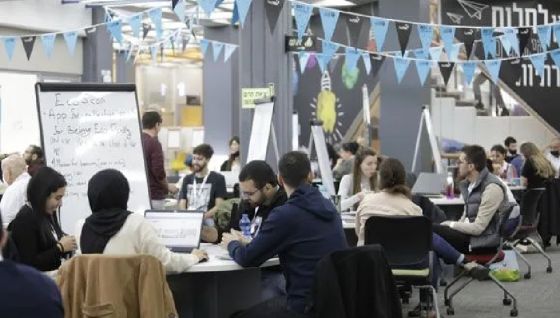
TAU Students Racing Towards a Greener Campus
What innovative ideas did they come up with in the EcoTAU Hackathon?
As part of Tel Aviv University’s initiative to reduce its environmental footprint to help combat the global climate crisis, the Entrepreneurship Center rallied 73 students to the cause and held a hackathon aimed at generating innovative solutions for a greener and more sustainable campus. The event was organized in cooperation with Shlomo Meltzer Institute for Smart Transportation and TAU’s Student Union.
Students were challenged to come up with practical solutions to one out of two central issues for cutting down pollution and waste: reducing the daily car traffic to campus and encouraging the use of reusable dishware on campus.
Fifteen experts mentored the students throughout the competition, which also featured professional enrichment and industry insider lectures on how organizations are addressing environmental challenges today.
Vehicular Pollution Challenge Winners
First Place: TAUapt
The winning team worked under the assumption that most TAU students residing in Tel Aviv rely on public transportation and therefore, do not use a car. What could encourage more of this behavior?
By enabling more students to live in Tel Aviv, the number of vehicles commuting to campus could further decrease. The team conceptualized a house hunting app, similar in nature to the existing job hunting platform AllJobs – but for apartments – which sends its subscribers instant messages through WhatsApp about apartments that are vacating. Team members: Abedallah Barghouti and Ubaydah Wattad.
The TAUapt Team receives the prize for winning the competition’s Vehicular Pollution Challenge
Second Place: BIVPIsrael
The team suggested that the main difficulty for drivers of electric bicycles and scooters is the need to carry around a helmet and battery throughout the day. The team proposed a solution for storage compartments in which both helmet and battery can be left, and the latter can be charged, using solar-generated electricity, while the vehicle remains locked nearby.
Third Place: The Hitchhikers
The team proposed a way to encourage carpooling to campus by offering benefits to students and faculty members. They decided to appeal to people’s pockets – not their ideology.
Reusable Dishware Challenge Winners
First Place: Tengo
To cut down waste from single-use plastics, the Tengo team proposed a collaborative circular model based on the use of reusable dishware marked with a barcode. The reusable dishware is returned to collection boxes after use, where the users are credited. The dishware then gets transported, cleaned and distributed back to campus restaurants. Team members: Chen Agassi, Idan Stark, Roi Farjun and Tali Aknin.
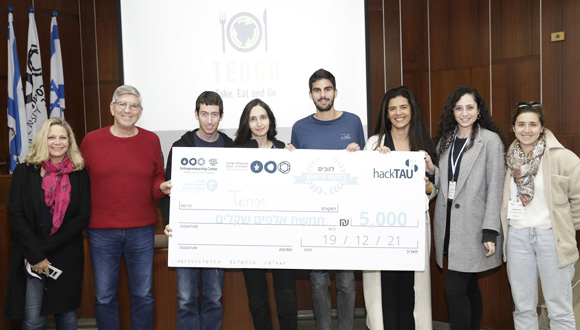
The Tengo Team receives the prize for winning the competition’s Reusable Dishware Challenge
Second Place: Go Clean Go Green
The team proposed a platform to incentivize the use of reusable dishware by awarding store credits for popular retailers. Through barcode-scanning technology on reusable cups and more, one earns redeemable points with every swipe.
Third Place: TAUBIS
A game app that ranks businesses according to their degree of eco-friendliness. Students enjoy services similar to food delivery platforms like UberEats, Wolt or 10bis, accumulation of financial and ecological points.
Yair Sakov, Head of TAU’s Entrepreneurship Center: “Sustainability and the circular economy are key issues promoted by the Entrepreneurship Center; there is no field more important than this to initiate and flood innovation.”
The Competition’s Judges
The judges in the competition included Knesset Member Prof. Alon Tal, former Head of Tel Aviv University’s Department of Public Policy; Miki Haimovich, Chairperson of the Heschel Center for Sustainability; Asi Schmelzer, Chairman of the Shlomo Group; Yuval Shani, VP of Technology and Innovation at Shlomo Group; Lior Hazan, Chairperson of TAU’s Student Union; Prof. Colin Price, Head of TAU’s Department of Environmental Studies; Prof. Hadas Maman, Head of the Environmental Engineering Program at TAU’s Faculty of Engineering; Dr. Ilit Oppenheim, Director at Shlomo Schmelzer Institute for Smart Transportation; Orlie Gruper, General Partner in Mobilitech Capital; Shani Raved, Global Operations Strategy Lead and Product Manager at Lime.
Related posts
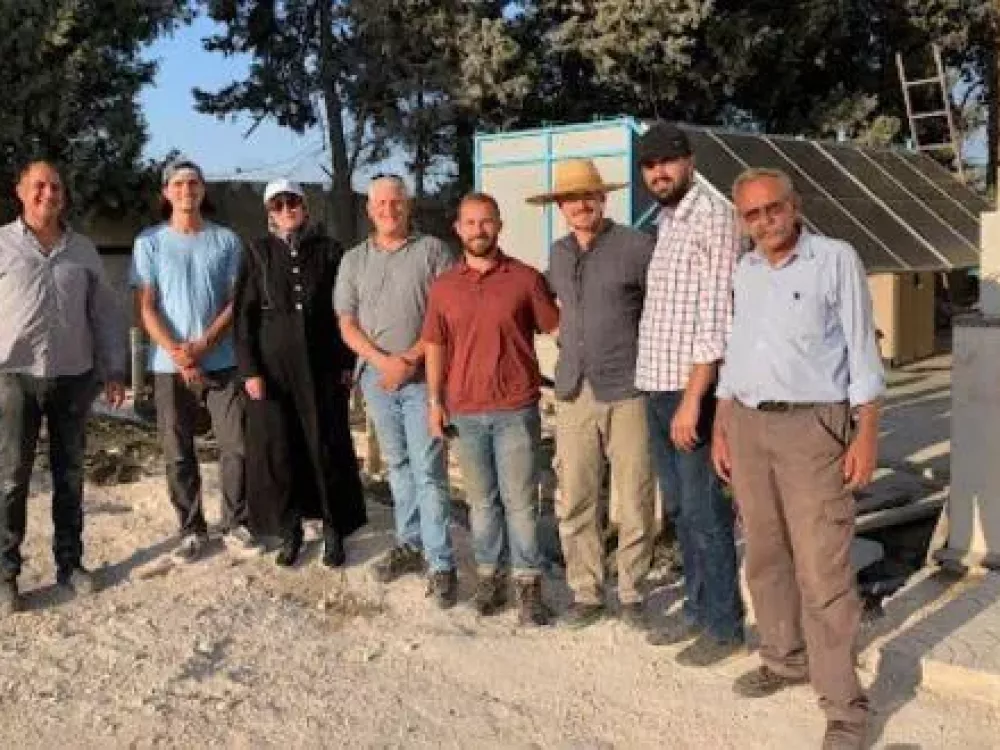
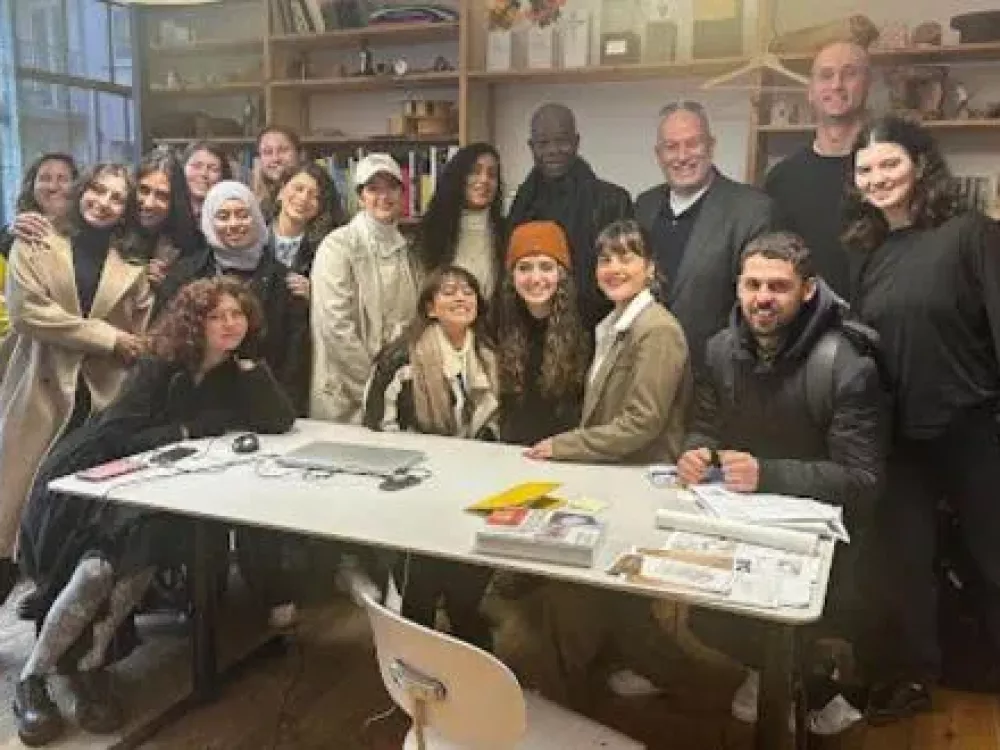
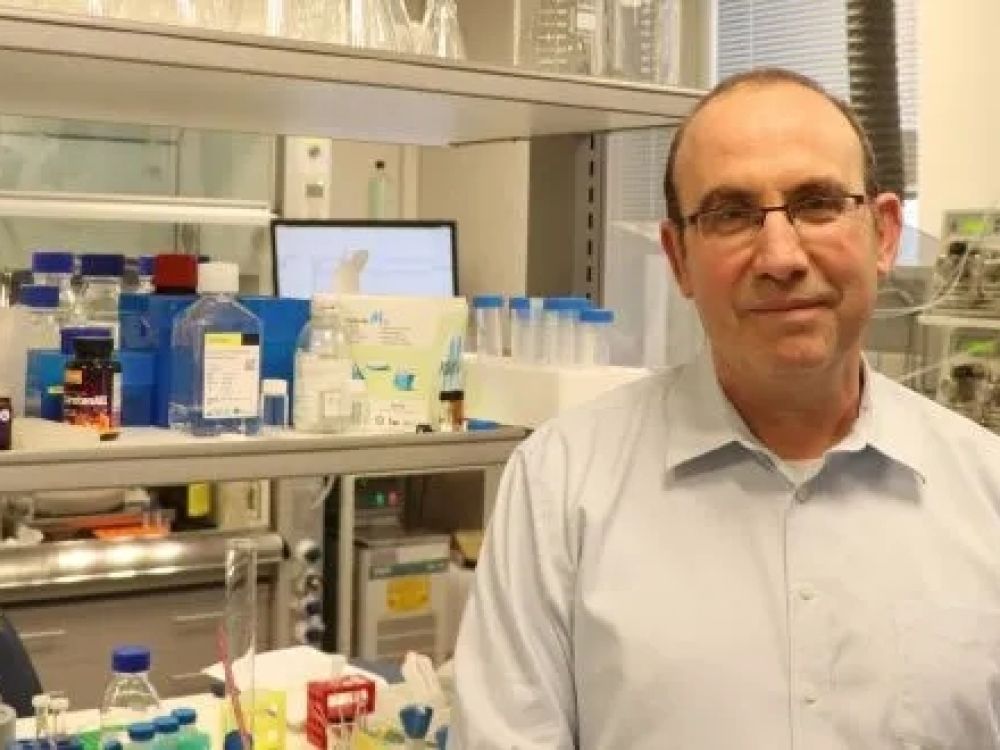
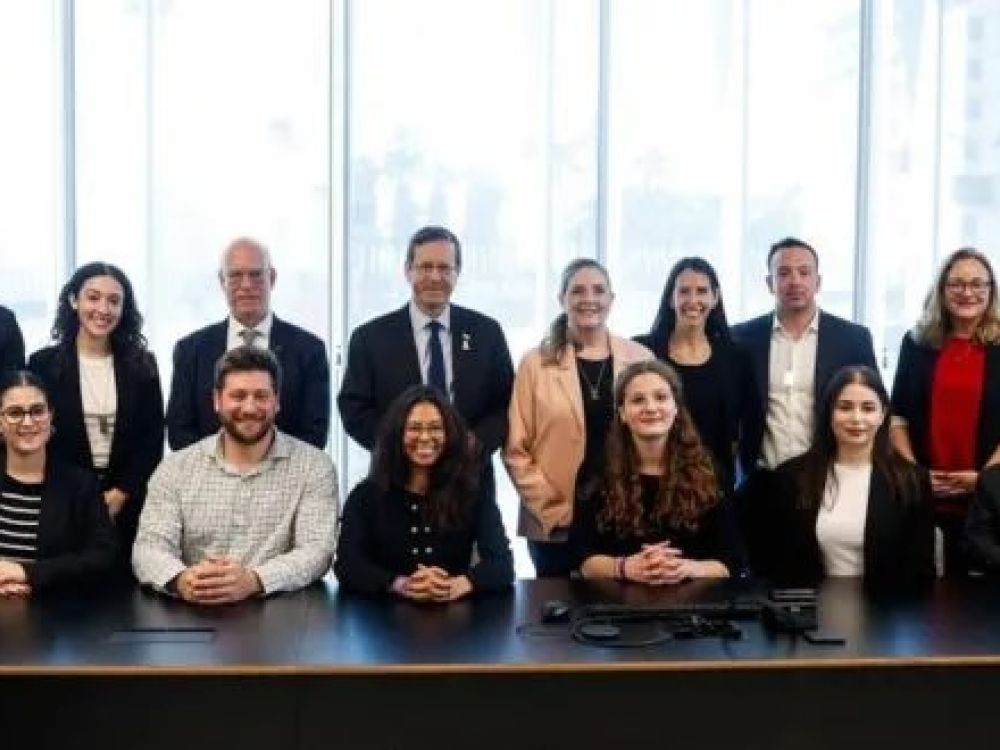
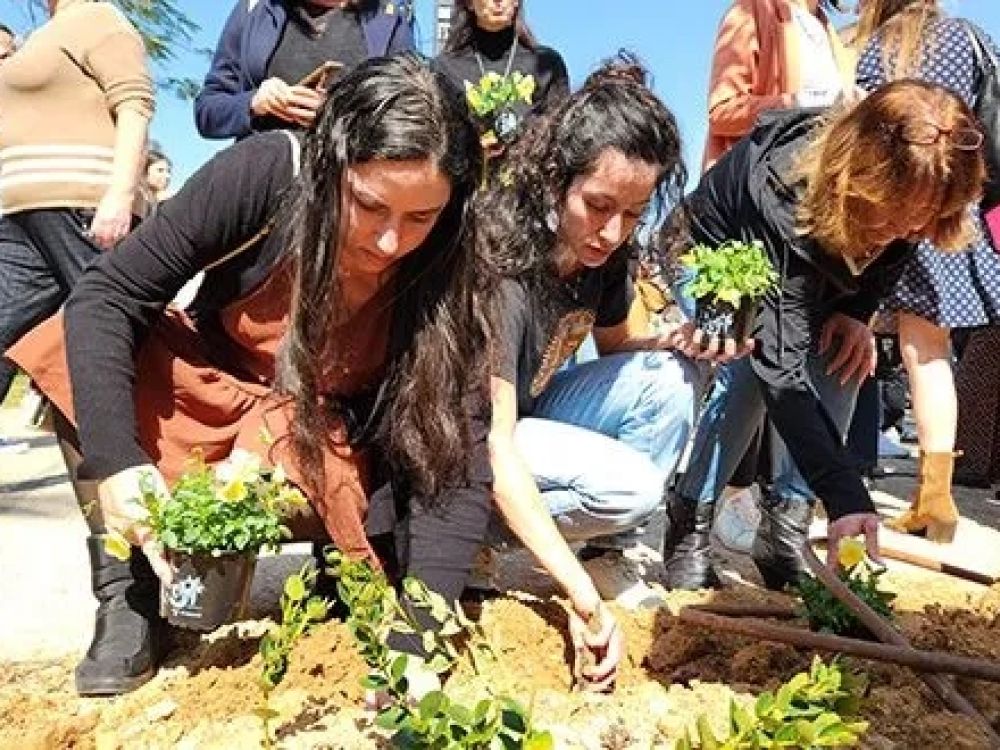
Tree Planting Ceremony Honoring October 7th Victims: A Symbol of Remembrance and Hope



